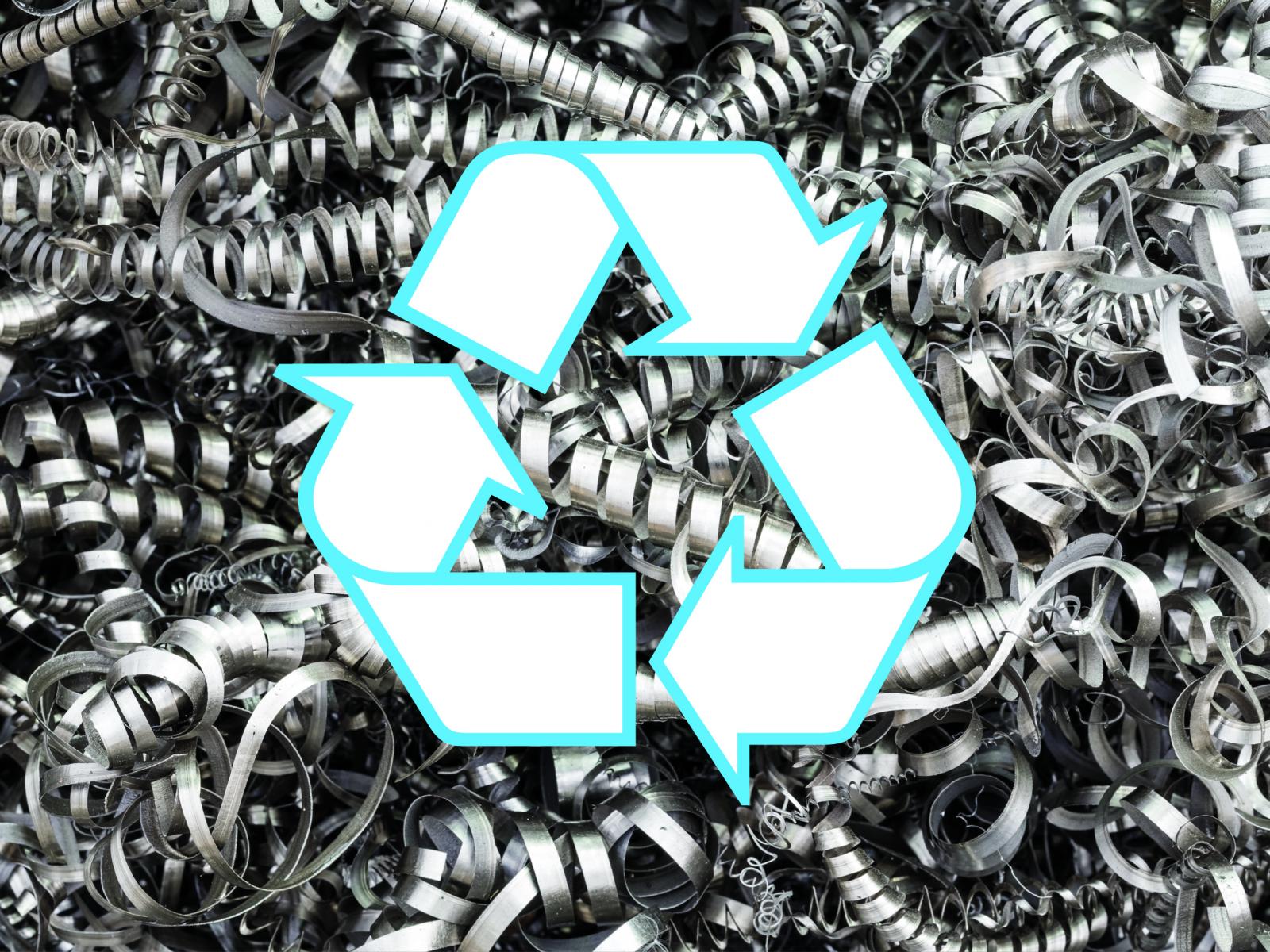
Precision machined component specialist APT has developed a long-term strategy to build an environmentally sustainable business.
The company tries to constantly find creative ways to reduce its impact on the global carbon footprint, from the swarf created by production processes to reusing the packaging used for finished components.
The company says: “It makes sense for us not to waste precious virgin resources. We have developed a long-term strategy to recycle and reuse as much waste material as possible. It benefits the company both environmentally and economically. At APT, we are proud to say that 100% of our waste metal, both ferrous and non-ferrous, is recycled. All our scrap metal is turned into high quality secondary raw materials.”
Recycling metal not only preserves rapidly depleting natural materials, but has other important environmental benefits too. According to EU figures, using recycled raw materials, including metals, reduces CO2 emissions by 200 million tonnes annually. Producing new steel from recycled scrap, instead of primary materials, can reduce water use by 40%, water pollution by 76% and air pollution by 86%.
APT partners with Vellums Metals, a specialist in scrap metal recycling, based locally to the company in Coalville, Leicestershire. Using a nearby provider reduces carbon emissions further, cuts waste transport costs and improves efficiency.
The metal swarf is centrifugally cleaned of oil and residue before it leaves the premises. This ‘dries’ the metal for transportation, and gives APT the opportunity to reuse the extracted oil.
Using an on-site Alfa Laval separator, the oil is cleaned to remove all the fine particles collected during the machining process. Using a combination of water and high speeds, the machine separates the purified liquid and discards the contaminants as sludge. The oil is then ready to be reused on APT’s fixed head and sliding head lathes.
The company doesn’t recycle its plastic scrap from its manufacturing process at the moment, it is contaminated by oil and coolant that cannot be extracted. However, it has a general policy that all other plastics (bottles, containers, cups etc.) are separated to be recycled where possible. The company’s Managing Director, Angela Whitmore, leads by example. If it can be recycled or reused, it will be, and she expects everyone at APT to do the same.
All paper and cardboard are also recycled. Even confidential paperwork is securely shredded and donated to a local animal charity to be used as bedding. Striving for environmental sustainability should have social benefits too says APT: “Our ethos is that every action helps, no matter how small.”
Packaging for finished components is either fully recyclable or reusable. With such a range of sizes and shapes, it has found innovative ways to pack products securely and deliver them in perfect condition. It uses egg boxes, cardboard and plastic boxes, to name a few, and encourages customers to return them for reuse where possible.
But, says the company: “There is always more that can be done and APT we are constantly looking for new ways to reduce any negative impact on the environment.”